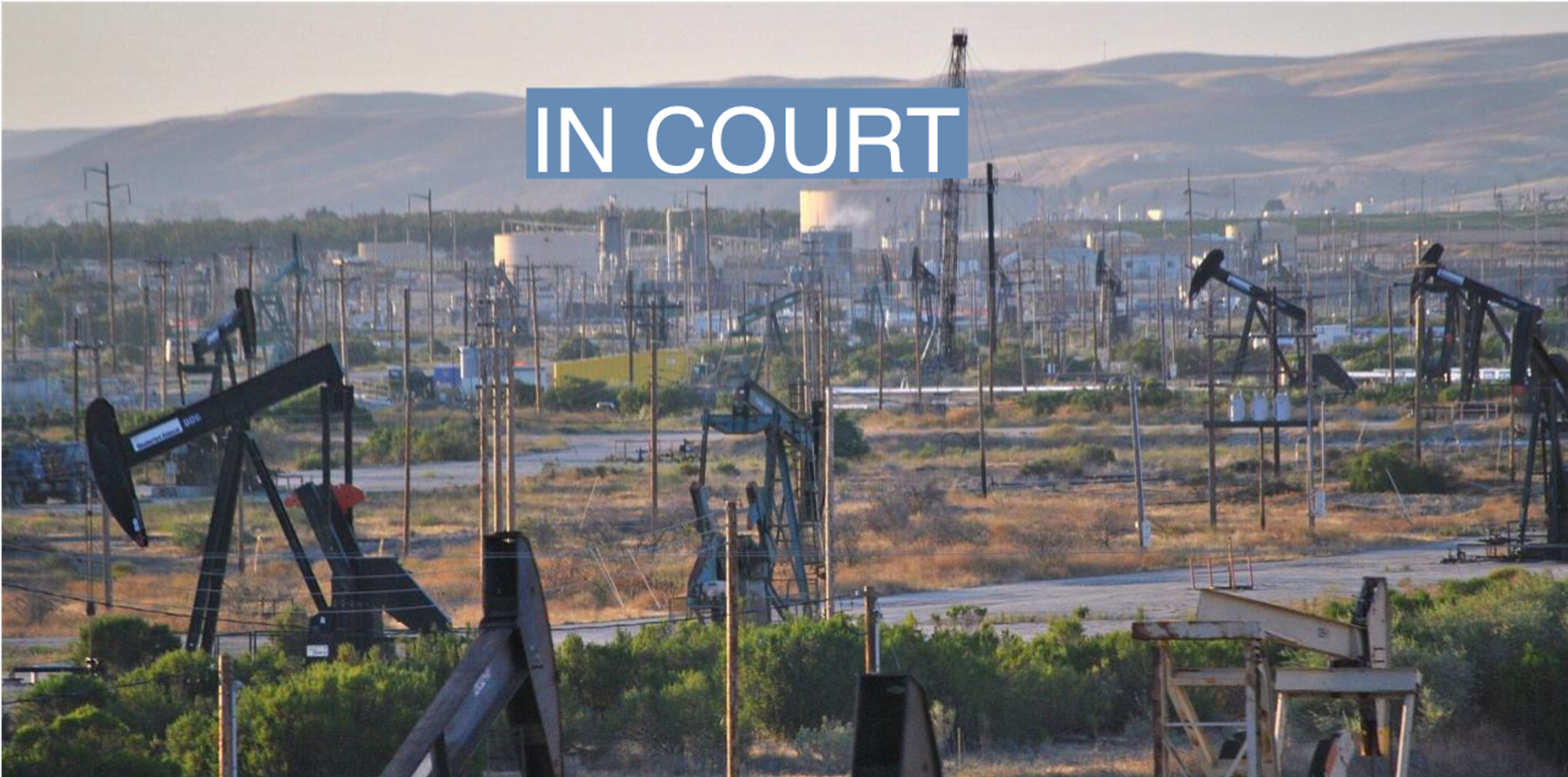
Semafor Signals
California sues oil and gas giants in major climate litigation action
California is suing five oil and gas giants — ExxonMobil, Shell, BP, Chevron, and ConocoPhillips — accusing them of causing tens of billions of dollars in damage and misleading the public by downplaying the risks posed by fossil fuels. The case also names industry trade group the American Petroleum Institute as a defendant. California is seeking the creation of a special fund to help pay for the recovery to future climate-related disasters as well as mitigation and adaptation efforts across the state.

SIGNALS
The case is the latest in a string of climate litigation actions in the U.S. targeting fossil fuel companies, bolstered by “attribution studies” which are able to more precisely allocate responsibility for climate damage. In June, Oregon filed a lawsuit against oil companies seeking $1.5 billion in damages for a deadly 2021 heat wave.• 1 But the suit in California “is the most significant, decisive, and powerful climate action directed against the oil and gas industry in U.S. history,” Richard Wiles, president of the Center for Climate Integrity, told The New York Times.• 2
The New York Times, Oregon County Sues Fossil Fuel Companies Over 2021 Heat Dome
The New York Times, California Sues Giant Oil Companies, Citing Decades of Deception
Oil and gas companies are under the firing line in a different way in California. On Sunday, Governor Gavin Newsom said he would sign into law a landmark climate bill which will require more than 5,000 companies that make more than $1 billion annually and operate in California to publicly disclose the full extent of their greenhouse gas emissions, including those of their customers.• 3
Attribution science is one of the fastest developing areas of climate science since it began 20 years ago.• 4 Scientists use methods which not only assess extreme weather events but also the economic damages these events cause and how they are compounded by existing vulnerabilities.• 5 One of the key challenges is to increase the availability of high-quality observational data in developing countries — the lack of which has previously limited analysis.• 6 Another challenge is to quantify slow onset events such as sea level rise.
Union of Concerned Scientists, From Research to Action: The Growing Impact of Attribution Science